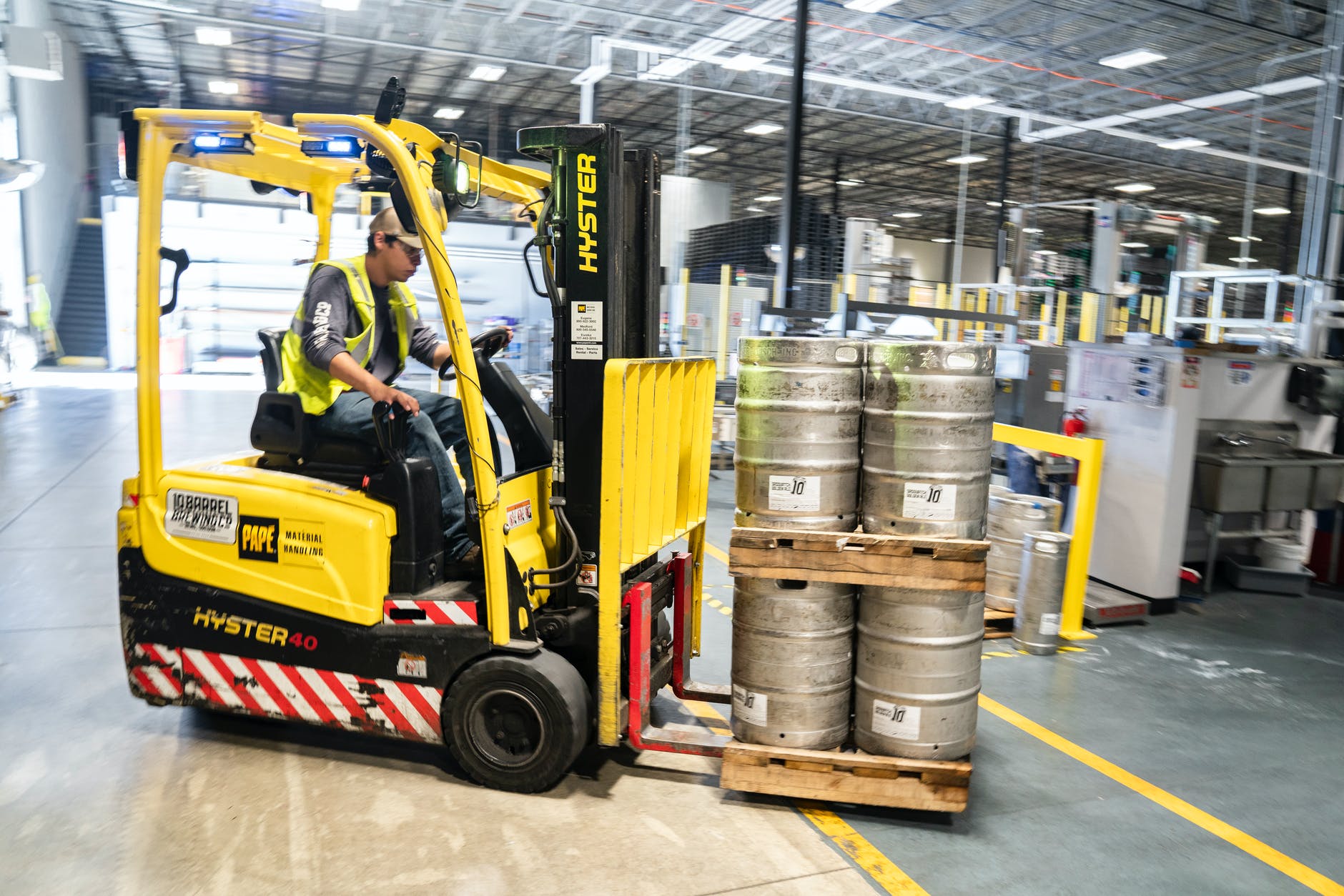A new elections-issues survey shows most businesses in the Greater Vancouver area — the most populous in British Columbia — support increasing efforts to attract highly skilled immigrants.
The survey, conducted by the Greater Vancouver Board of Trade (GVBOT) in collaboration with Mustel Group, found that a significant majority (72 percent) of businesses support increasing efforts to attract highly skilled immigrants, while an even larger proportion (76 percent) would like to see the next federal government increase efforts to improve credential recognition for the same.
“Businesses are calling for a plan to find workers focused on developing skills in our local market and offsetting what we don’t have by welcoming skilled immigrants,” said Bridgitte Anderson, President & CEO of the Greater Vancouver Board of Trade.
The survey found that while the majority of respondents among businesses and the general public believe the current level of immigration should be maintained, over one third of businesses support increasing the rate of immigration.
According to the GVBOT, labour issues, including the recruitment and retention of workers, are the most prevalent challenges businesses are facing as they recover from COVID-19, with 50 percent of respondents indicating it is their key challenge.
For the region’s business community, other top issues were the economy and economic recovery (44 percent) and the business environment, such as the regulation and taxation schemes (34 percent). This was followed by the environment and climate change (30 percent), fiscal responsibility (29 percent), government ethics, honesty and leadership (26 percent) and taxes (22 percent).
For the general population, 49 percent of residents cited the environment and climate change, and affordability and the cost of living (36 percent each), as the top issues. The economy and economic recovery (33 percent), government ethics, honesty and leadership (33 percent) and fiscal responsibility (24 percent), were also in the top five issues.
“We see growing concern about affordability in a region already acknowledged as one the most expensive cities in the world relative to our income levels,” said Evi Mustel, President of Mustel Group.
“With the pandemic affecting supply chains and the cost of doing business, residents and businesses are increasingly concerned, not just about housing affordability, but also increased cost of goods and escalating taxes.”
The survey included a total of 267 GVBOT members and 500 Metro Vancouver adults, 18 years of age or over with a margin of error +/-5.8 percent and +/-4.4 percent, respectively, at the 95 percentile level of confidence.
Hardest Hit Industries
Among the hardest hit by the shortage of workers in B.C. and across Canada is the restaurant industry, which has seen more than 10,000 eateries closing permanently because of the pandemic.
According to a Metro Vancouver Restaurant Labour Shortage report authored by the British Columbia Restaurant and Foodservices Association, restaurants are the third largest private sector employer in the province.
“In the Metro Vancouver area, the restaurant industry is thriving with estimated year-over-year growth of three per cent, but with new businesses opening, operators are struggling to keep up with recruiting needs,” the report states.
Sanjay Pandey, owner of the Charqui Grill in the Kitsilano area of Vancouver, says everyone he knows “in the restaurant business is looking for workers, especially skilled kitchen help.”
“Many of the workers in the industry have not returned after collecting the COVID benefits from the government,” he told New Canadian Media.
Another segment facing critical labour shortages is the trucking industry.
The BC Trucking Association (BCTA) said the province’s truck driver shortage increased 302 percent between 2015 and 2019, leaving 3,710 vacant positions.
“If you’re having trouble finding drivers, there’s a good reason why. They’re not out there,” said Dave Earle, BCTA president and CEO, in a recent online address to the association’s members.
Wesley Richards, who operates Class One Drivers in Surrey, which recruits long haul truck drivers for transportation companies across Canada, said there are nearly 20,000 vacant truck driver positions in Canada.
“I have several clients who are waiting for foreign workers whose visa applications are stuck in a growing backlog at Canada’s foreign missions,” he said.
“I hope the next government will be able to streamline the process between Service Canada and (Immigration, Refugees, and Citizenship) Canada to ease this critical shortage.”
A multiple-award winning journalist, Fabian Dawson is an internationally acclaimed author, filmmaker and media expert. His work over the last four decades spans the globe and he also serves as a consultant/strategic advisor to a variety of international companies. As deputy editor-in-chief of The Province, part of the Postmedia chain, Dawson led initiatives within a special publications group to provide directed content for a variety of organisations. He was named the 2019 recipient of the Bruce Hutchison Lifetime Achievement Award at Jack Webster Awards. Dawson has been invited by the governments of India, Malaysia, Taiwan, China, Hong Kong and the United States to act as a media observer/advisor on a variety of Asian-Canada issues. Dawson, now operates FD Media, which specializes in harnessing editorial assets to revenue generating opportunities.





